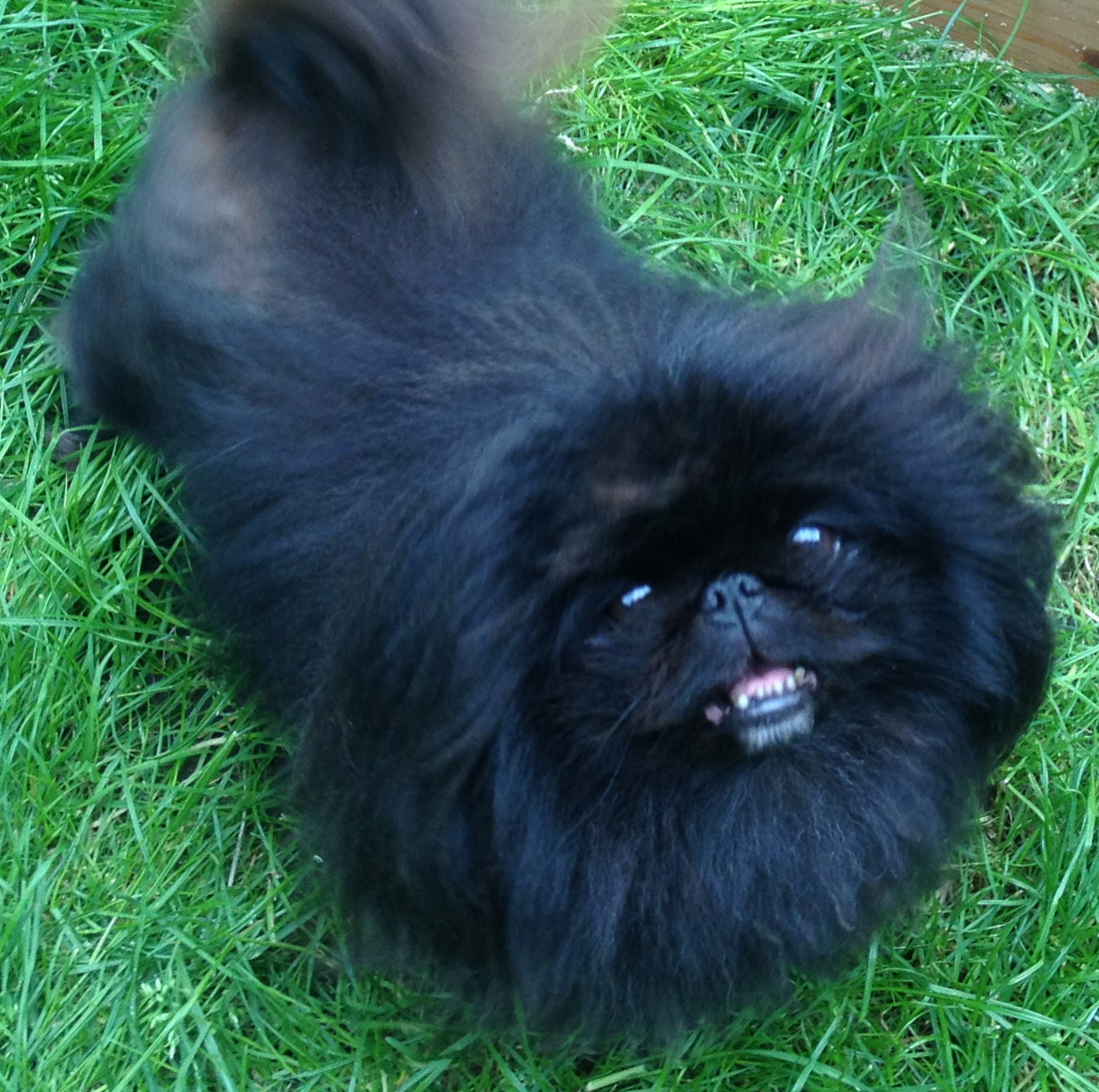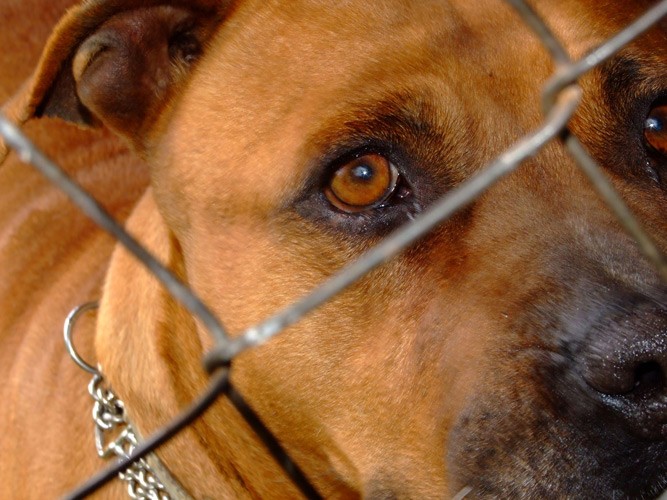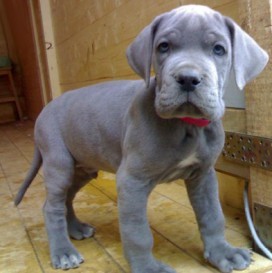Tag: canine
-
Kennel cough – treatment and prognosis
—
by
Kennel cough is an infection of the upper respiratory tract of the dog, and can be caused by a variety of different viruses and pathogens. Canine parainfluenza, adenovirus, coronavirus, distemper and some bacterial infections such as Bordetella bronchiseptica are all implicated. Surprisingly, kennel cough is one of the few canine conditions that is a zoonosis. Many…
-

“All work and no play makes Jack a dull boy”
—
by
After a summer of EMS, traveling and very little academic work, the time finally came for me to come back down to earth. Having been back in Glasgow for about a month now, I think I’ve just about settled into the second-year routine. After a week of scavenging freebies and signing up to every club…
-
Gallstones in dogs
—
by
Gallstones are rare in dogs. They consist mostly of calcium bilirubinate and/or cholesterol, and are therefore usually radiolucent. Gallstones may enter the common bile duct and occlude it to cause extrahepatic and bile duct rupture. The signs are usually those of extrahepatic cholestasis from obstruction of the common bile duct. Sometimes more acute signs of…
-

To scan, or not to scan?
—
by
I have been reading with interest the arguments for and against regular scanning. At the moment this is particularly aimed at dogs, thanks to this: Compulsory chipping of dogs from 2016. This topic has gained momentum through various high profile lost/stolen dog stories and, currently, social media is awash with lost/stolen dog groups and pages…
-
Petitions, petitions, petitions
The online petition calling on the Government to “stop the badger cull” – launched in autumn 2012 by Queen guitarist Brian May – finally closed on September 7, having collected a grand total of 303,771 (ish) signatures. We say “ish” because, due to the nature of the online signing process, additional signatures are continuing to…
-

Peke people
—
by
We’ve done it… our own royal “baby” has appeared. After much searching and angst Hollie has joined our family – and I’m afraid it’s another Peke. We have officially become “Peke people”. We went to the usual rescue centres and contacted a few online rescues too. There were some lovely dogs there but, as time went…
-

Who’s afraid of the big bad dog?
If recent genetic studies are to be believed, domestic dogs evolved from wolves around 11,000 years ago when our ancestors stole wolf cubs, domesticated them and trained them to help hunt for food. However, other than their shared genealogy, both animals are very different nowadays – particularly when it comes to temperament. The wolf is…
-
Alanine transferase
—
by
Alanine transferase (ALT) is a specific indicator of hepatocellular injury in dogs and cats. Increases occur due to cell damage and induction. ALT is virtually liver specific in dogs and cats. Causes include: Artefact – haemolysis Drugs – anticonvulsants, steroids, any drugs causing hepatotoxicity Disease – liver: both primary and secondary hepatic disease can increase…
-
One year as a vet student
—
by
Having received my results for the professional exams, I can finally say that I’ve finished my first year at vet school! Being brutally honest, the first term was a bit of a culture shock. I had focused so much on getting into vet school and being a vet that I didn’t really think about what…
-

Prevention of osteochondritis dissecans
—
by
OCD is a cartilage problem that affects young large and giant breed dogs. It is due to several factors including genetics, trauma, rapid growth and nutrition. The owner of any large breed puppy should be warned about the risks of OCD and advised on how to minimise development of the condition. Puppies should not be…